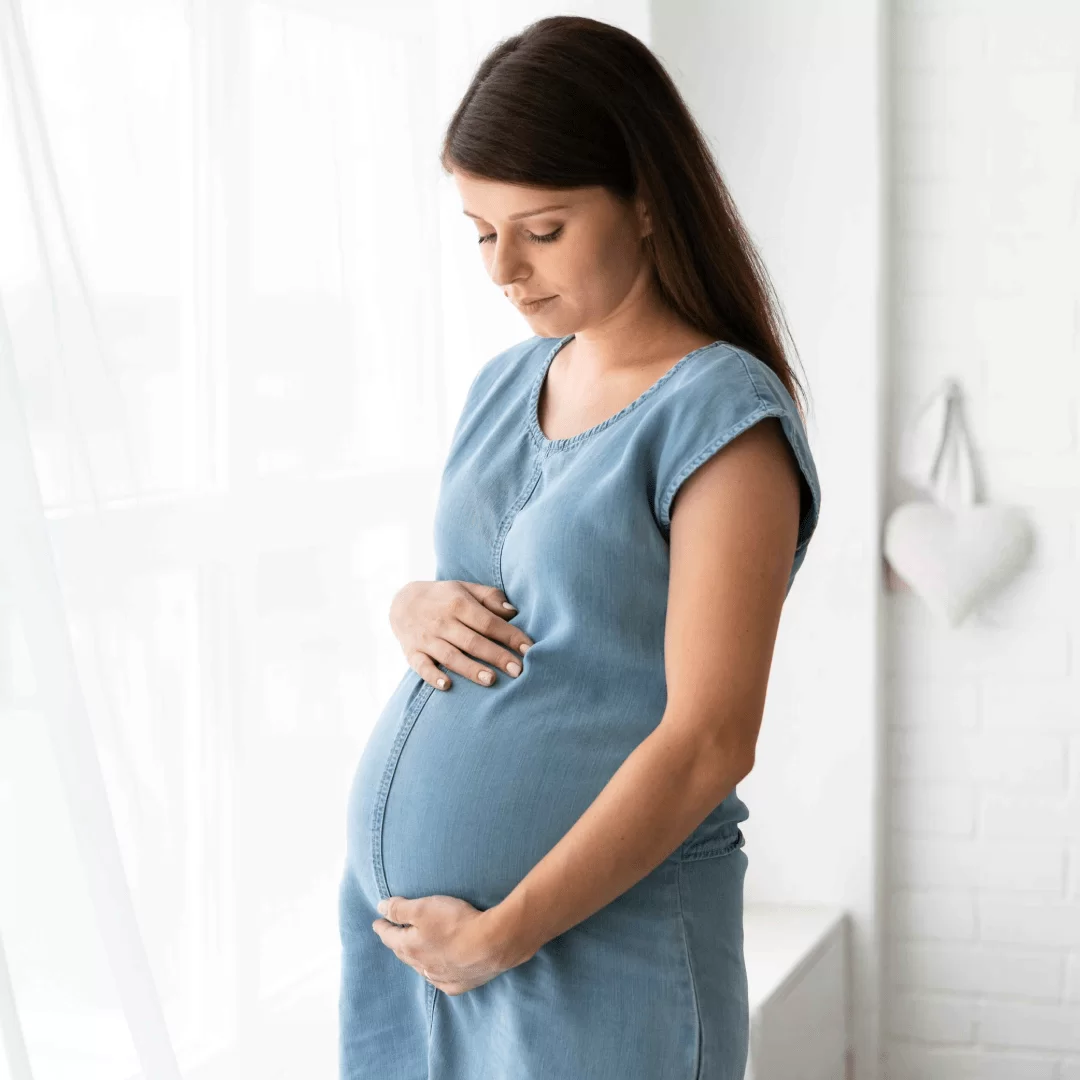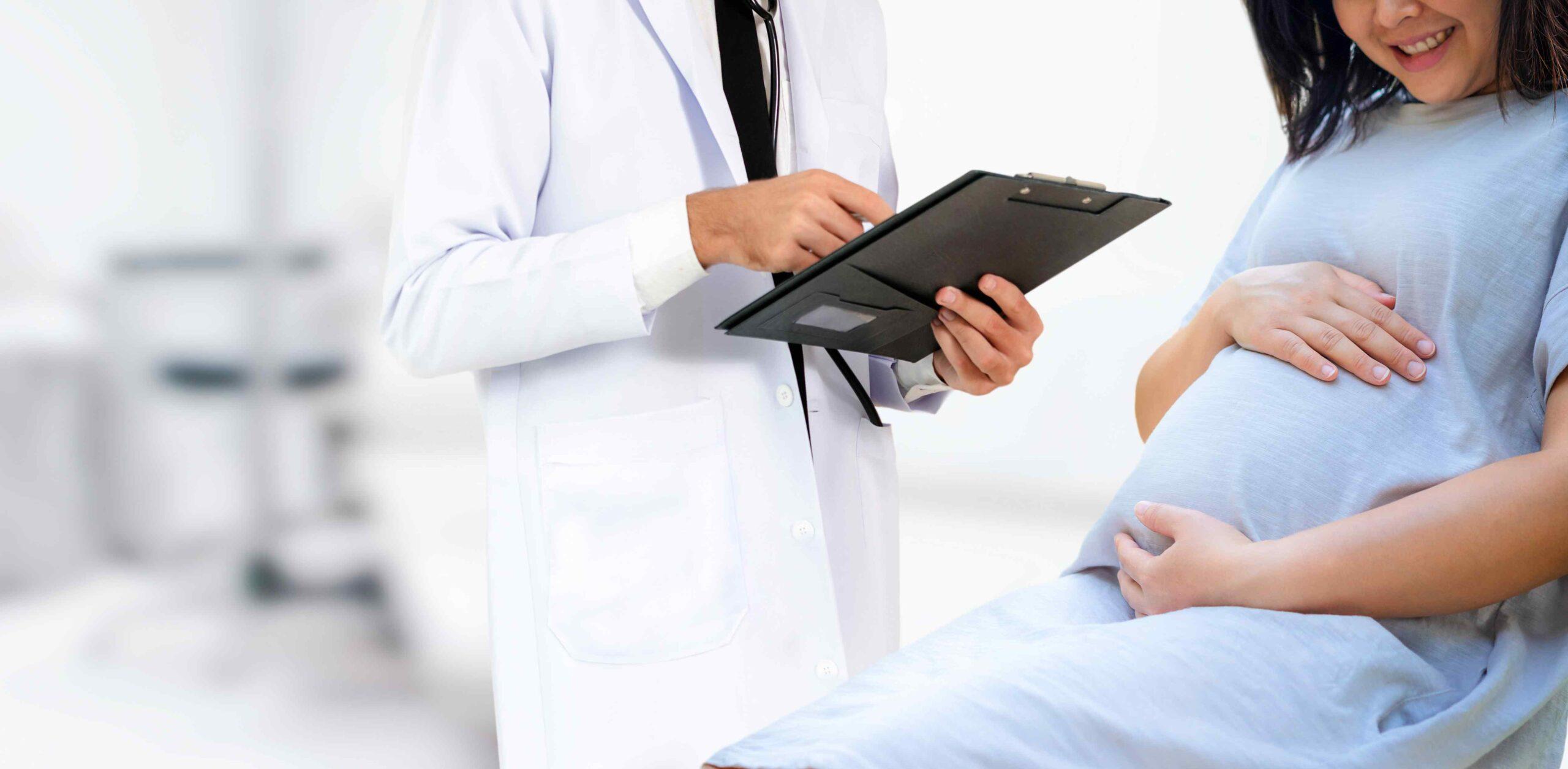MotherToBe offers Ovulation Induction (OI) as a fertility treatment. Ovulation Induction involves using medications to stimulate the growth of follicles and initiate ovulation.

Ovulation Induction involves the following steps
Step 1
Stimulation
Ovulation induction medications consist of oral medications such as clomiphene citrate, letrozole and gonadotropins, which are in injectable form. These medications increase the hormone levels of Follicle Stimulating Hormone (FSH) and promote the enlargement of the follicles (fluid-filled sacs) carrying the eggs.
Step 2
Monitoring
Ultrasound enables us to monitor the effect of the hormonal medication given to facilitate follicle growth. This process is known as Follicular Monitoring.
Step 3
Ovulation
When we detect that the follicle size is around 18 millimetres in diameter, it means they are ready for ovulation. HCG injection is administered to facilitate ovulation. The number of ovulation induction cycles needed varies based on the patient’s response.
How does ovulation induction work?
Initially, the patient has to take medications to enhance the development of mature eggs in the ovary. Regular Ultrasounds help us monitor mature egg development.
The choice of medications for ovulation induction is dictated by the hypothalamic-pituitary gland – ovarian function. With adequate hypothalamic function, an oral regimen of Clomiphene citrate or Letrozole is used for ovulation induction.
Clomiphene citrate inhibits estrogen binding in the hypothalamus to stimulate the release of GnRH and pituitary gonadotropins and induce ovarian follicular development.
If hypothalamic or pituitary dysfunction is detected or oral regimens are not successful, injectable gonadotropins are administered.
The most common gonadotropin regimens use FSH administered alone or FSH along with LH. Once the follicles have reached an appropriate size to contain a mature egg, an injection helps trigger ovulation.
Timed intercourse or artificial insemination is the next course of action.
Risks and side effects
Risk for Multiple Births
Hyper-stimulation
Nausea
Headache
Success Rate in Ovulation Induction
The success rate of Ovulation Induction in every cycle is about 20% to 25%.

Success Rate in Ovulation Induction
The success rate of Ovulation Induction in every cycle is about 20% to 25%.
Book an Appointment

